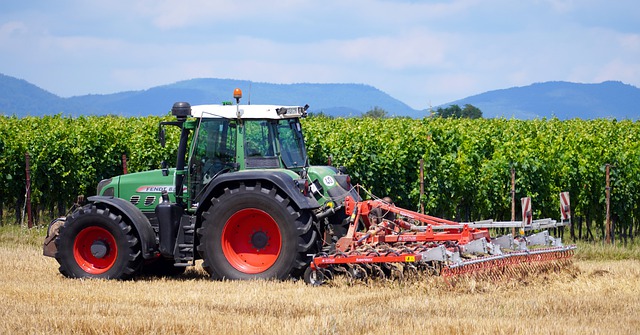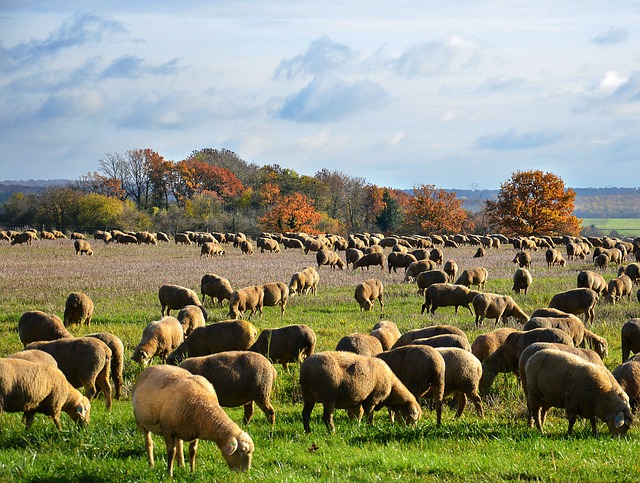
Agriculture is linked to agriculture and livestock.
Agricultural is an adjective that qualifies someone or something that has a connection with livestock and agriculture . Knowing what the notion of agriculture refers to, therefore, requires us to first understand the concepts of livestock and agriculture.
The idea of livestock refers to the livestock of an area or a nation and the activities that are carried out to raise and market these animals. Agriculture, for its part, is the set of techniques and actions that allow the land to be tilled and cultivated to obtain raw materials .
Agricultural concept
From these definitions, it is easy to understand what agriculture is. An agricultural company , for example, may be dedicated to the cultivation and marketing of corn or the raising and sale of cattle.
The sector of the economy formed by agricultural activities and livestock activities is known as the agricultural sector . These productions take place in the countryside, unlike those that take place in cities.
Economic sectors are often interrelated. A company in the agricultural sector can grow cotton and sell its production to a textile industry company that, with that cotton and other raw materials, manufactures t-shirts. Once the t-shirts are made, they are sold in establishments dedicated to retail trade, such as supermarkets or clothing stores.

The agricultural sector has great economic and social importance.
Subsectors
It is possible to differentiate three subsectors into which agricultural activities are divided:
* agricultural : characterized by the cultivation of vegetables, fruit trees, grains, oilseeds and nuts, among other products, such as flowers, in nurseries and greenhouses. Likewise, activities are carried out in this subsector to promote the growth and development of agriculture;
* livestock : this adjective refers to everything related to livestock. Therefore, in this subsector the exploitation of pigs, cattle, goats and sheep is carried out, among other livestock, such as poultry. As in the previous case, it also seeks to support all producers in the subsector itself;
* beekeeper : dedicated to collecting honey and royal jelly, as well as using the wax found in hives.
The importance of agricultural development
Due to its importance for other economic processes, its potential contribution to the gross territorial product and its ability to provide employment to millions of people, agricultural development is usually one of the main objectives of a country's policy .
With respect to employment possibilities, it is correct to say that the agricultural sector is among those that offer the most jobs in proportion to the others. In the big cities the focus of the trends is not agriculture, but there is still none that can survive without it: although dressed with the logos of chains of international importance, the food products that we consume in the urbanizations come from the countryside, the workforce of millions of people with different abilities and training.
On the other hand, we must not forget that in many countries the agricultural sector contributes a large percentage of export activities, in some cases exceeding 60 percent. And this brings more benefits than are obvious: in addition to the sale of national products abroad, something very necessary to support the economy and relevance on an international level, agricultural exports also bring in foreign currency to the country. country.
At a social and cultural level, agricultural activities also improve the lives of many people, since it promotes the development of new communication routes for the transfer of workers between the countryside and the city, as well as the modernization of existing means of transportation. .
